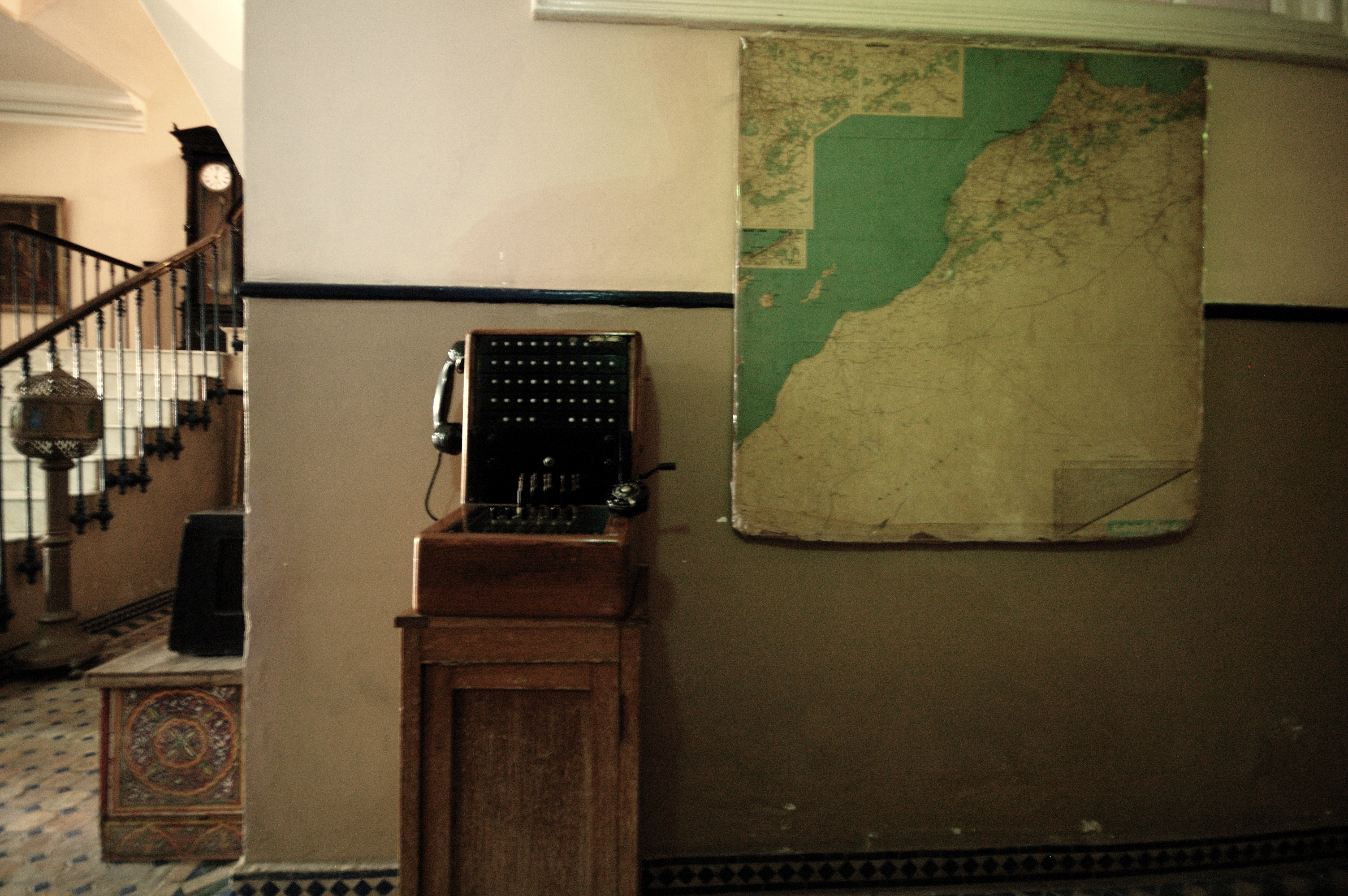Moroccan authorities have unexpectedly lifted a ban on VoIP applications that has eliminated voice calling features of tools like WhatsApp and Skype since January 2016. As of 24 October, Moroccan users have been able to access these and other applications without using VPNs or other circumvention tools.
The country's telecommunication industry regulator, the National Agency for Telecommunication Regulation (known by its French acronym, the ANRT), has not released any official statement on whether this lift is temporary or if it is the result of a policy change. However, Moroccan users are speculating that the ban was lifted due to the United Nations Climate Change Conference [2] (COP22) set to take place in the city of Marrakesh between November 7 and 18. They anticipate that the ban will be reinstated as soon as the conference is over.
#Morocco [3] lifting the #VoIP [4] ban during the #cop22 [5] is an insult to Moroccans that are treated like lesser humans. https://t.co/7zvJgQ2cDG [6]
— Aida Alami (@AidaAlami) October 25, 2016 [7]
Remise en marche #voIP [8] au Maroc pour la #cop22 [5] sinon en tant que citoyen marocain on peut pas y acceder le reste de l'année. Honte à l'ANRT!
— GhizlanD (@dghizlan1) October 24, 2016 [9]
VoIP services unblocked in Morocco for the #COP22. Otherwise, as Moroccan citizens, we cannot access them the rest of the year. Shame on the ANRT
Voip débloquée au Maroc, les 30.000 étrangers comptent plus que les 30 millions marocains 😑 #COP22 [10] #Censure [11]
— Sara (@Sara_med24) October 24, 2016 [12]
VoIP [services] unblocked in Morocco. 30,000 foreigners are more worthy than 30 million Moroccans
Pour ne pas passer pour un État policier pendant la #COP22 [10], le Maroc débloque temporairement la VoIP.
— Mo Drissi (@mdrissi) October 24, 2016 [13]
to avoid being seen as a police state during the #COP22, Morocco temporarily unblocks VoIP services
Morocco's VoIP ban being lifted for #cop22 [5] reminiscent of activists not beat up on select days intl reporters r permitted 2 cover a protest
— Zineb Belmkaddem (@Onlyzineb) October 25, 2016 [14]
The ANRT imposed the ban on VoIP applications including WhatsApp, Skype and Viber early this year under the country's postal and telecommunications law of 1996 which establishes [15] a licensing scheme for the provision of calling services.
Despite protests [16] from angry users who launched a two-day boycott against telecom operators, access to these services have not been reinstated. The case of Morocco is not unique. Several other governments across the MENA region partially or fully block at least one VoIP application, as the map below by igmena.org [17] shows.
In a study on the issue, the Internet governance research initiative iGMENA writes that bans on VoIP are often motivated by the need to “protect the profits of the incumbent telecom operators, many of which have a monopoly and are at least partially owned by the government.”
Yet these bans do carry an economic cost. According to a report [19] by the Brookings Center for Technology Innovation on the cost of internet shutdowns and disruptions, Morocco's nationwide ban on VoIP applications cost the country's GDP US$320 million in 182 days. Following the January ban, Moroccan entrepreneurs also expressed [20] concerns that the ban could hamper the development of startup businesses, particularly those relying on VoIP services to communicate with their international clients.
In addition to the business cost, the blocking of calling and messaging applications is sometimes a matter of life and death, particularly at times of unrest and conflicts. Earlier this month in Yemen, Houthi militants reportedly blocked [21] WhatsApp, obstructing citizens’ abilities to communicate, account for each other's safety, and spread information in a country where dozens of news sites have been blocked since the beginning of the conflict.

